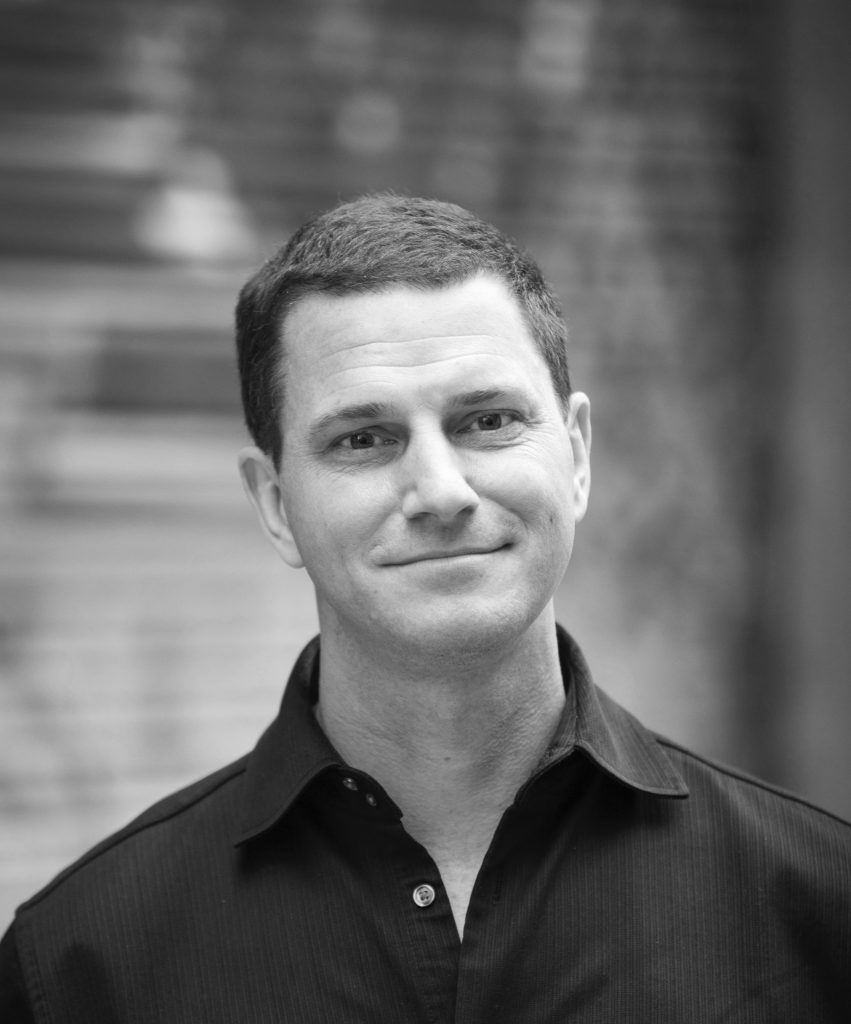Find the future faster by learning how to use the Unified Theory of Innovation in practice
Everyone who works professionally in the field of innovation – whether in new product development, strategic foresight, corporate venturing, or other roles – is familiar with frameworks and terms like creative destruction, the s-curve of adoption, the hype cycle, or open innovation. The number and complexity of these theories can be bewildering, even to the point that they seem to be in conflict. But there is a solution to seeing these disparate frameworks as not only just compatible, but elegantly integrated parts of a single unified whole. Innovation practitioners who learn this “grand unified theory” and how to use it, will help their companies and clients find the future faster.
This seminar is relevant to every business or organization working within the field of innovation. Through an interesting presentation and hands-on exercises, you’ll learn how to apply the Unified Theory of Innovation to your organization and stay relevant and innovative in a fast-changing industry.
This seminar is held in collaboration with IDA, and therefore sign-ups go through their portal, which you find here (OBS: You’ll have to make a profile at IDA’s portal to sign up – this does not mean that you have to sign-up for membership at IDA). The seminar will be in English.

Mark researches science-based technologies, aka Deep Tech, ranging from synthetic biology to quantum computing, to help companies develop and deploy them. Over 20 years and across 40 countries, he has worked as a management consultant, technology analyst, lab researcher, and entrepreneur at Accenture, Forrester Research, UCSF, Lux Research, and several startups. He has served as chairman of the Swedish-American Chamber of Commerce and guest lectures at the University of California Berkeley. Mark brings together his background covering artificial intelligence and works with clients in artistic, engineering, and innovative industries. He curates and co-develops AI-based systems for creating humor, visual and musical arts, and human-machine co-innovation.

